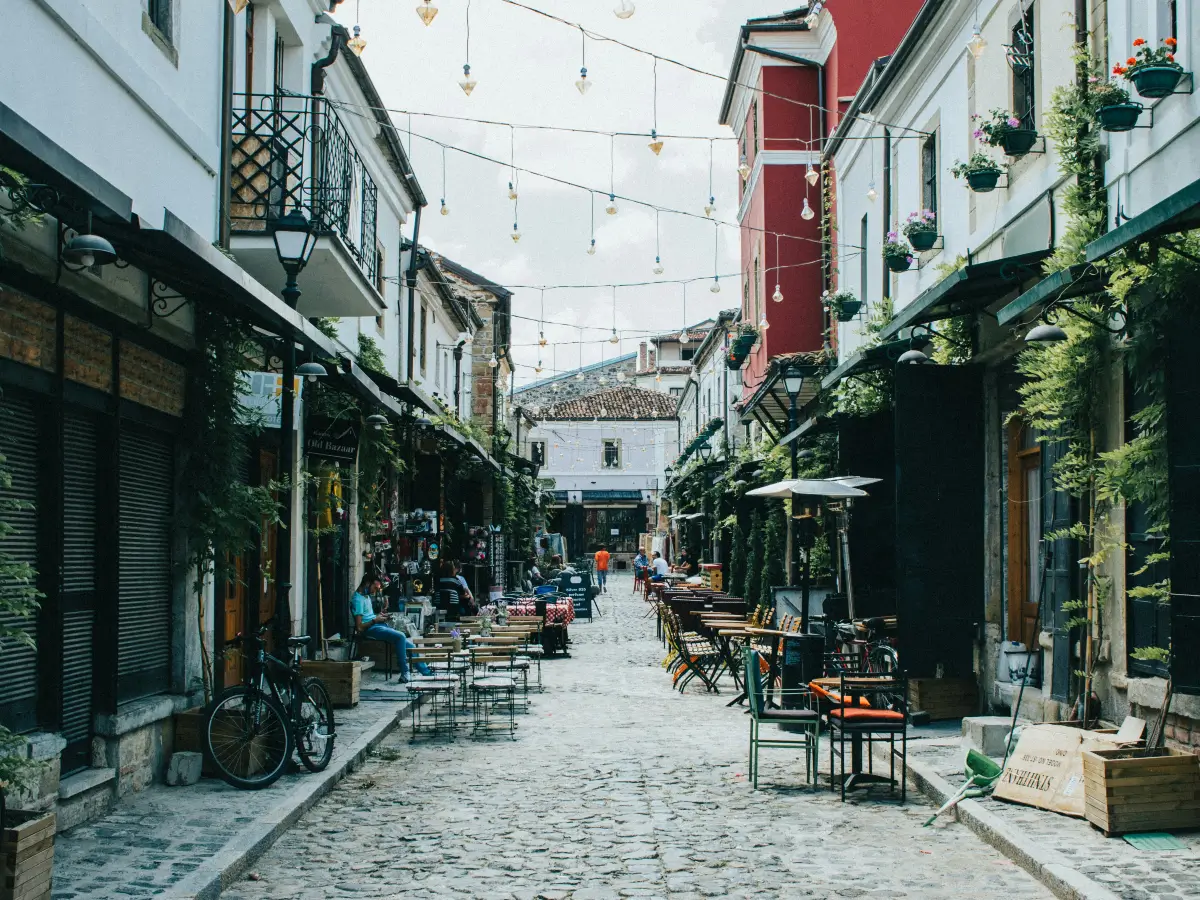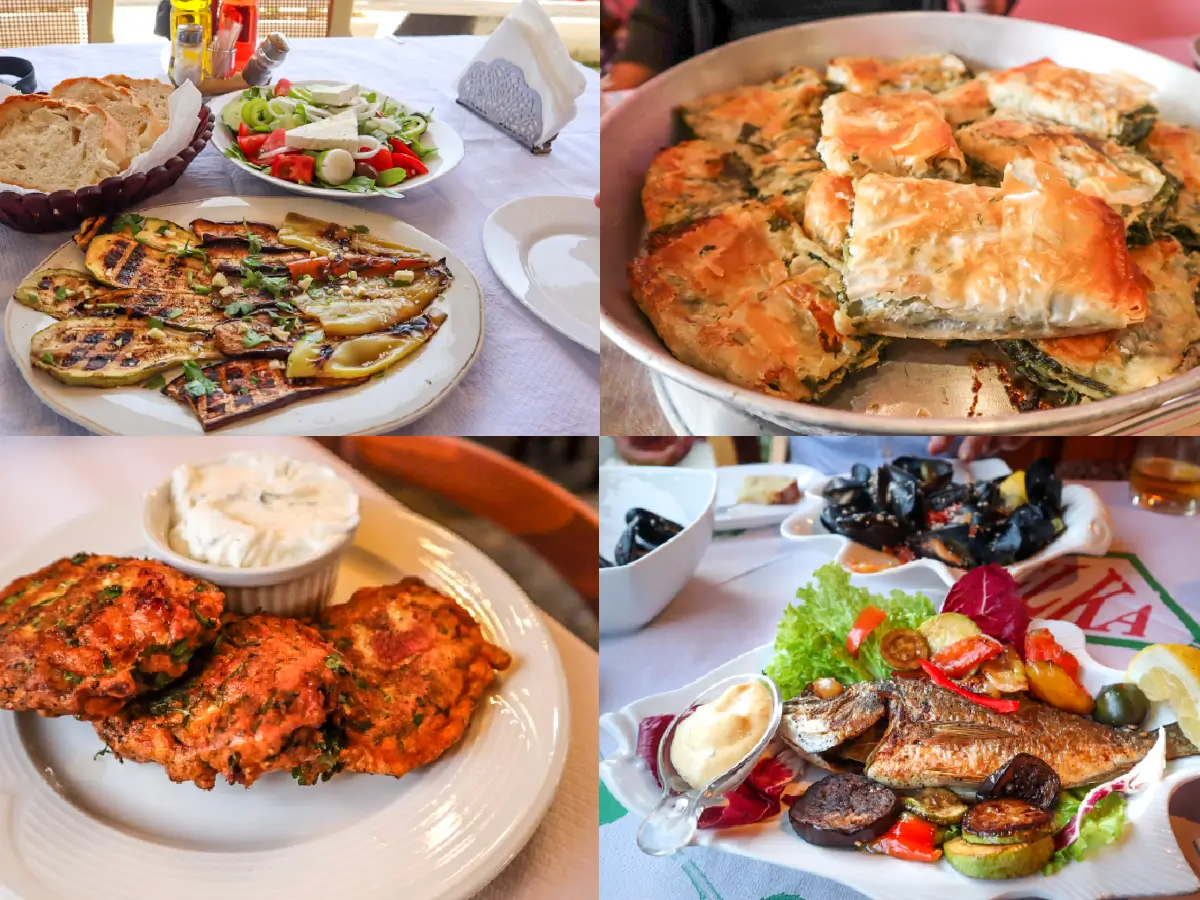Albania is a country in transition. In the past three decades, it has moved from isolation to globalization, from a state-run economy to a growing private sector, and from rigid ideology to open communication. But even as Albania rapidly modernizes, traditional values continue to shape relationships, rituals, and everyday choices.
Across cities, villages, and the diaspora, Albanians have found ways to merge the old and the new. Family customs, hospitality, and respect for elders still hold strong — even as young people embrace technology, travel, and new forms of expression. Rather than replacing tradition, modern life often builds around it.

Where tradition still leads
While modernization has touched every part of Albania, certain customs remain deeply embedded in the national identity. These traditions continue to influence how people behave, organize family life, and interact with one another.
-
Family remains central, with multigenerational households still common, especially outside major cities
-
Elders are respected, and their opinions often carry weight in family and community decisions
-
Hospitality is sacred, with guests treated generously regardless of wealth or status
-
Religious coexistence is practiced, with respect shown across Muslim, Christian, and Bektashi traditions
-
Cultural rituals, such as weddings, name days, and seasonal festivals, still follow traditional formats even when held in modern settings
These practices are often maintained by choice, not obligation. Even Albanians living abroad return home for key events, choosing to preserve rituals that connect them to their roots.
Modern life and youth identity
Young Albanians — especially those in Tirana, Durrës, or the diaspora — are navigating new lifestyles shaped by global trends. Access to smartphones, social media, foreign education, and travel has created a generation that moves fast, explores freely, and communicates openly. Still, many of these youth maintain strong ties to family and tradition.
It’s common for a young professional to live abroad, but return home to celebrate weddings in the traditional way. Many young Albanians balance career goals with family expectations. Fashion and entertainment follow global trends, but important life events — like engagements or holidays — still involve traditional dress, songs, or foods.
This dual identity allows for flexibility. Albanian society encourages adaptation, but not at the expense of cultural pride. Many families embrace both — allowing change while preserving heritage.

The rural–urban difference
In urban centers, tradition often evolves faster. Cafés, coworking spaces, shopping malls, and international schools now shape daily life. Language use shifts, and values like independence and individualism become more common among younger city residents.
In rural regions, the pace is slower. Traditional gender roles, community events, and ancestral land ownership remain central. Village elders still mediate local issues. Seasonal cycles, religious observances, and long-held customs define the rhythm of life.
Even so, these areas are not untouched by change. Internet access, migration, and returning diaspora are slowly blending modern habits with rural life — without erasing what was there before.
A culture of blending, not replacing
Albanians have shown that modernization doesn’t have to mean giving up identity. Instead of choosing one side, many simply live with both. A wedding might include a white dress and a valle dance. A house may have smart tech and an heirloom rug. A teenager may post TikToks while fasting for Ramadan or preparing for Easter.
Rather than forcing change, Albanian society allows tradition and modernity to sit side by side — a balance that continues to evolve with each new generation.